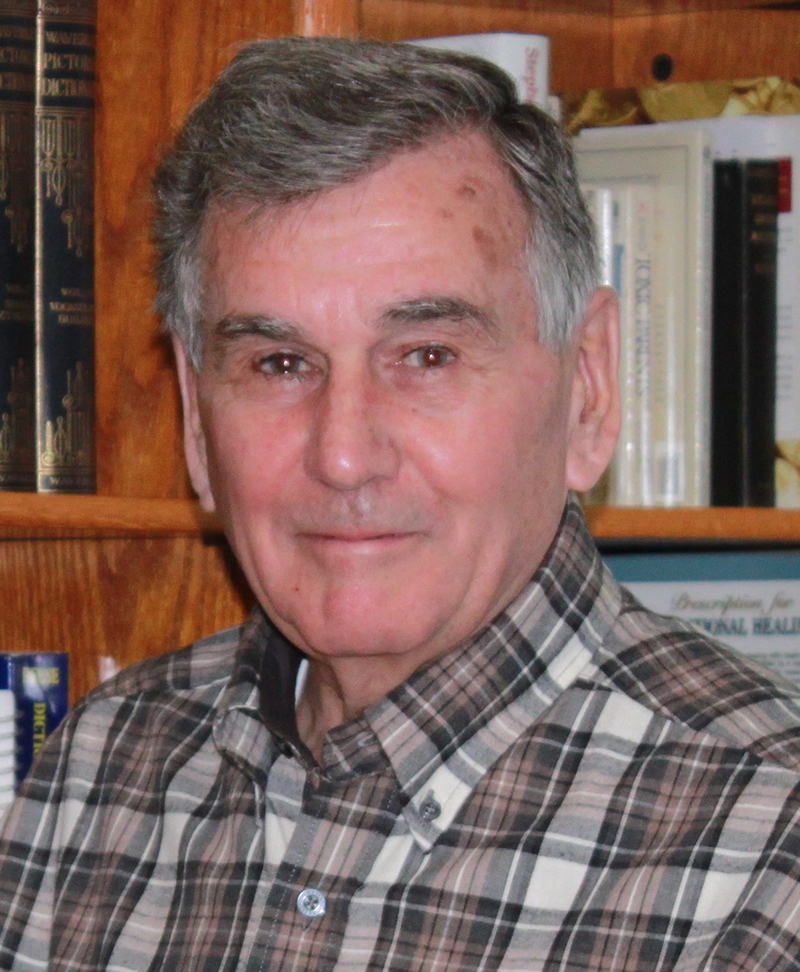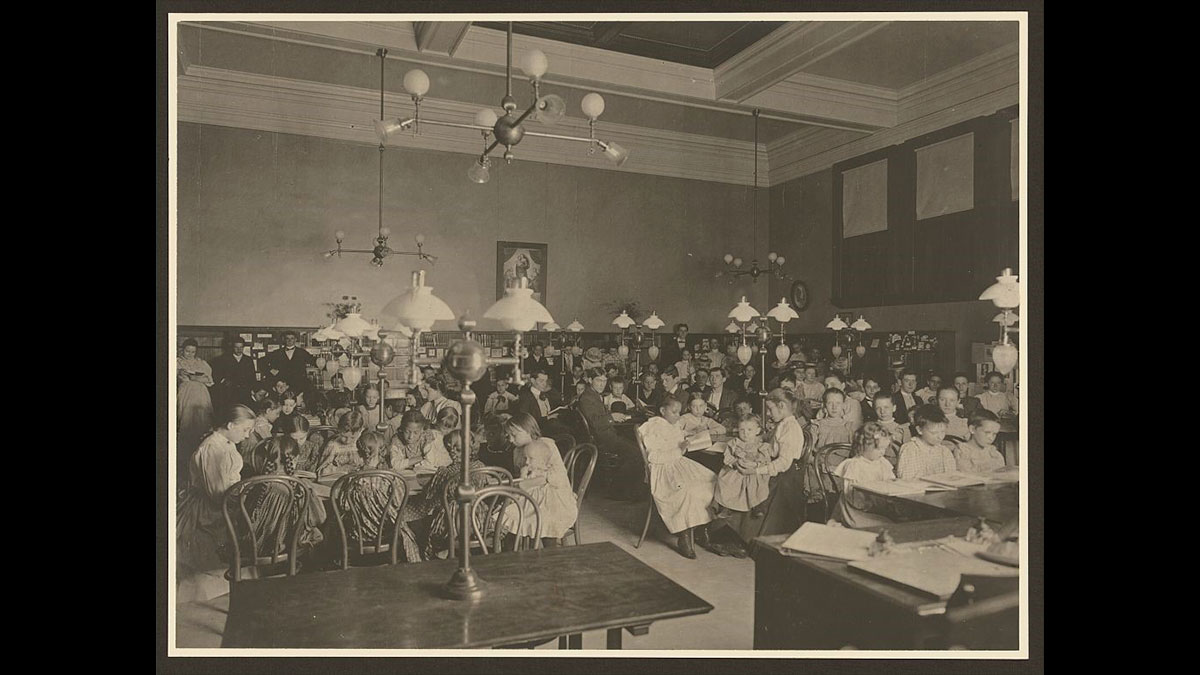“He that cannot reason is a fool. He that will not is a bigot. He that dare not is a slave.”
– Andrew Carnegie

Food for Thought
When Andrew Carnegie was the wealthiest person in the world, he built three libraries in Winnipeg. Throughout the world Carnegie built more than two thousand public libraries. He insisted his libraries were to be literally FREE FOR ALL; there would be no charges for services, and nobody would be denied service because of gender, age, race, ethnic origin, political-affiliation, religion, or colour. In the Deep South, where laws mandated all public buildings must be segregated, Carnegie was forced to bend his rules in order to provide libraries which provided free services to former slaves. Forty years after American slaves were granted their freedom, Carnegie’s newly constructed library in Washington D.C. was the only building in that city where people of colour were allowed to share public washrooms with white people. It took another sixty years before other buildings began removing WHITE ONLY signs from their walls.
Carnegie was born into an impoverished family in Scotland. With no free education, Andrew Carnegie received only two years of schooling.
In the hope of bettering their lives, the Carnegies borrowed money and sailed to America with their two sons, Andrew and Thomas, where, at age twelve, Andrew was compelled to go to work to help support the household.
There were no free libraries and books were expensive in 1848 when the Carnegie family arrived in Allegany, Pennsylvania. Each Saturday, Andrew Carnegie visited a well-to-do gentleman who allowed working boys to borrow a book a week from his library. Carnegie devoured these books and he began taking evening classes. As Carnegie increased his salary by developing new skills, he came to realise that knowledge is the key to success and happiness.
Carnegie befriended other eager learners, such as, future President Abraham Lincoln, future Chief Justice Oliver Wendell Holmes, Samuel Clemens (Mark Twain), and Robert Green Ingersoll. These individuals loved debating, often arguing for one side and then the other side of a question, displaying how there is no such thing as black and white, there are always pros and cons for any question. Carnegie believed, if people could see all sides of a disagreement, wars could be prevented. However, Justice Holmes pointed out, it is nearly impossible to reach equitable conciliation and justice, because MIGHT IS RIGHT, INFALLIBLE, IGNORANCE, and GREED, habitually shout-down REASON.
These young men studied history, science, mathematics, philosophy and theology. They also read Shakespeare, agreeing that Shakespeare’s writings provide much food for thought. Under the threat of being beheaded for speaking out against the establishment, Shakespeare’s honest truth is disguised as jocular fiction, and his characters are indecisive, having no definite opinions. Becoming adept at discovering hidden truths in Shakespeare makes one more skillful at finding hidden truths in real life.
Carnegie and his friends did not believe in learning by rote, wolfing down knowledge and then regurgitating it. To them, people need to develop an ability to think, to reason. If one could think, one could live a life of value, solving all problems. Andrew Carnegie stated, “He that cannot reason is a fool. He that will not is a bigot. He that dare not is a slave.”
These men were also prolific writers who described how people who do not think become vulnerable to charlatans who swindle the ignorant and gullible. Ingersoll wrote about how children are taught what caste their family belongs to, resulting in some children being made to feel superior, and others being made to feel inferior. Society is dishonest when it tells us we do not have a caste system. Holmes noted, “We are all tattooed in our cradles with the beliefs of our tribe; the record may seem superficial, but it is indelible. You cannot educate a man wholly out of superstitious fears which were implanted in his imagination, no matter how utterly his reason may reject them.” Holmes acknowledged that charlatans who exploit the masses are immoral and unethical, but they do not break any laws. The Law allows everyone the freedom to run their own lives, to make their own choices. The Law does not interfere if people volunteer to become slaves by allowing others to run their lives for them. That is their decision, and we all must live by our choices.
Do we have a caste system? When someone serves at a soup kitchen, do they feel smug? Do they feel superior? What about little children accepting the soup, do they feel inferior, worth less than their server, worthless? If children could drink from the fountain of knowledge, could they come to realise that caste is an invention of MIGHT IS RIGHT, that we are all equal, ALL-ONE, and nobody is worth more or less than anyone else? That is food for thought. Wayne Weedon is an Indigenous Manitoba writer of novels and short stories. To sample his wonderful work go to Wattpad.com.

